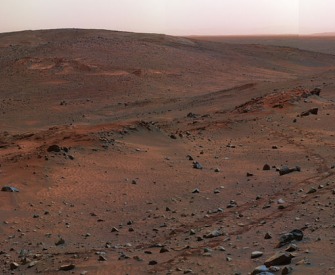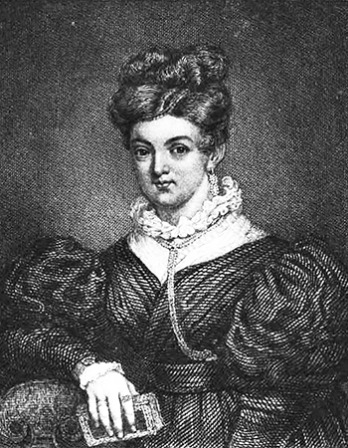Having completed every arrangement necessary for our departure, we dismissed the barge and crew with orders to return without loss of time to St. Louis. We gave Richard Warfington, a discharged corporal, the charge of the barge and crew and confided to his care likewise our dispatches to the government, letters to our private friends, and a number of articles to the president of the United States.
Our vessels consisted of six small canoes and two large pirogues. This little fleet, although not quite so respectable as those of Columbus or Captain Cook, were still viewed by us with as much pleasure as those deservedly famed adventurers ever beheld theirs, and I daresay with quite as much anxiety for their safety and preservation. We were now about to penetrate a country at least two thousand miles in width, on which the foot of civilized man had never trodden. The good or evil it had in store for us was for experiment yet to determine, and these little vessels contained every article by which we were to expect to subsist or defend ourselves. However, as this the state of mind in which we are generally gives the coloring to events, when the imagination is suffered to wander into futurity, the picture which now presented itself to me was a most pleasing one. Entertaining now as I do the most confident hope of succeeding in a voyage which had formed a darling project of mine for the last ten years, I could but esteem this moment of my departure as among the most happy of my life. The party are in excellent health and spirits, zealously attached to the enterprise, and anxious to proceed, not a whisper of murmur or discontent to be heard among them, but all act in unison and with the most perfect harmony. I took an early supper this evening and went to bed.
From his journals. In 1804, charged by Thomas Jefferson with locating a navigable water route that would facilitate the movement of people and goods across the continent, Lewis and his former military superior, William Clark, embarked on a two-year expedition to the Pacific Ocean. In a letter dated shortly after Lewis drafted this journal entry, Jefferson wrote, “We shall delineate the great arteries of this great country: those who come after us will extend the ramifications as they become acquainted with them, and fill up the canvas we begin.”
Back to Issue






